20 May The Bluff’s Drug Problem
Table of Content
“The Bluff” in Atlanta Signifies Adversity, Slowly Adapts to Change
An infamous neighborhood in the inner city of Atlanta, just minutes from downtown, the Bluff, is most recognized for its crime rate and high drug traffic, most notably, heroin. This community, located in the English Avenue and Vine City neighborhoods, is listed as the most dangerous area in Metro Atlanta and the fifth most dangerous neighborhood in the U.S.
Described by Atlanta Magazine as an “open-air heroin market,” one reporter recalls being chased down by drug dealers who were all battling “for first crack at the new customer.” Drug trafficking is one of the main reasons why this part of Georgia has been linked to destruction, but it’s not the only reason.
This poverty-stricken part of Atlanta has long been a central area of racial tension in the South, especially during the Civil Rights Era. It has been home to anti-Black Power riots and since the 1970s has attracted low-income residents, uneducated or poorly educated people, drug dealers, Atlanta gangs, cocaine, and heroin addicts.
It’s not a neighborhood people have been known to dwell or become involved in with any sense of community or camaraderie. Long-time residents know about roach-infested housing, high traffic areas for drugs and violence, and the tense reality of crime that envelops the neighborhood.
Boarded-up, abandoned homes and public housing characterize the Bluff. In a Creative Loafing interview, one man talks about how The Bluff Atlanta has been known to “suck people in.” The drug trade in the neighborhood makes for easy access for illegal drug activity, not only for its residents, but people driving through. Drug dealers and prostitution occurring on every street corner, it’s why people come to the area; there’s no other reason.
From the mid-90s through to 2010 and beyond, the L-shaped area that makes up the space between Vine City and English Avenue neighborhood have been hit hard with crisis after crisis affecting the people and their community. A brief timeline of events includes:
A 1995 English Ave. Elementary School closed down, a school whose alumni includes notable names such as Gladys Knight, Herman Cain, and Mable Thomas. The school remained empty for over a decade until the Greater Vine City Opportunities Program purchased the building in 2010 and began campaigns to raise money for the structure’s renovation. As of 2015, the program has raised over $2 million to preserve the historic building.
A 2006 “no-knock” raid of a 92-year-old woman was among one of the many tragedies which occurred during this era. Three undercover police officers kicked in her door to serve a search warrant and returned fire on the scared woman who opened fire on the intruders.
A 2008 tornado caused enough damage to the area for the mayor and governor to declare a state of emergency.
The 2010 homes foreclosure crisis hit the neighborhood especially hard.
The misfortune of The Bluff Atlanta historically has seemed less like a fluke and more like a state of mind. Decade after decade it has faced some of the biggest challenges of any neighborhood in the U.S. It has been neglected, ripped apart, and ostracized due to its bad rap as a danger zone.
What is the Community Doing to Help?
The aftermath of all this trauma has taken some time to recover from fully. In more recent years, there has been a hopeful surge of life in the area, a revitalization of the neighborhood. Or, at least efforts directed that way. The now defunct Empowerment Zone was a multi-million dollar federal program initiated in 1994 to help rejuvenate 34 of Atlanta’s poorest neighborhoods including The Bluff.
True to its name, the program was created to “empower” residents in these neighborhoods to find self-sufficiency and improve their quality of life. An emphasis on health clinics, housing, job and literacy training, and drug treatment were all benefits to the program.
After what seemed like well thought out and well-intentioned plans, it was revealed after several performance reviews of its progress, the program was not meeting its intended goals. Results showed the Empowerment Zone program suffered from poor management, little direction and were not held accountable to state or federal authorities. As a result, initiatives failed and ultimately, so did the program.
Despite the setbacks and lack of follow through of the Empowerment Zone, the federal government allowed the city to keep the money left in the program, millions of dollars which would be transferred to the Renewal Community, an initiative which has also since been closed.
Current efforts towards revitalizing The Bluff and surrounding neighborhoods come primarily from Westside Works, a nonprofit organization partnered with several local foundations and agencies to create employment opportunities for its residents. There are three primary initiatives listed on their website: job success, resident focus, and building opportunities.
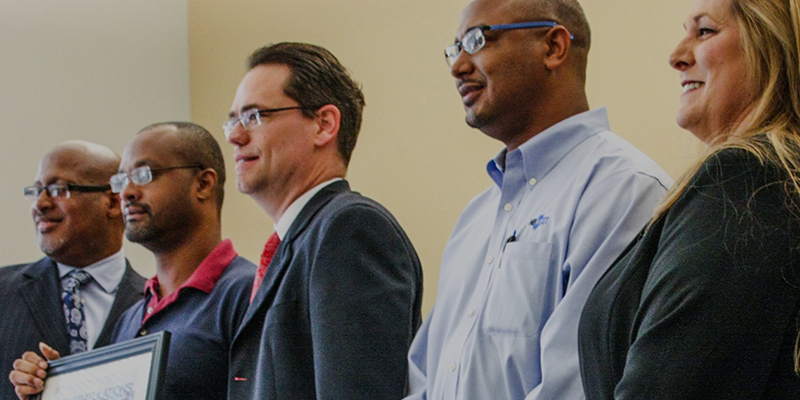
With the contribution and support of local partnerships, Westside Works has the funding to help those who wish to apply and benefit from the program. Invest Atlanta has a trust fund, which provides up to 10% of a down payment to a first-time home buyer.
Urban Perform opened a gym created to encourage healthy lifestyle changes among residents. New trails and parks have been opened up, and Invest Atlanta and Arthur M. Banks Foundation has partnered to provide $30 million towards the revitalization of the neighborhood.
The Construction Education Foundation of Georgia, Integrity Community Development Corporation, New Hope Enterprises, City of Refuge, and the Atlanta Workplace Development Agency also make big contributions in partnership with Westside Works.
Investors and members of the organization are working towards not only building up a better community but creating a sustainable plan that will allow The Bluff to further improve over time. The shared goal is to bring positive change to the community. Westside Works offers skills assessment, job training, and placement in multiple industries. With the support comes encouragement via success stories of others who have been through the program.
A Second Chance
Last July, in another impactful effort to stop the cycle of drug trafficking and drug use in The Bluff, law enforcement agencies sat down with fourteen suspected heroin dealers in a church with a once-in-a-lifetime, legitimate second chance offer.
Rather than arresting the attendees on federal drug charges, each person was given a binder from the U.S. Attorney filled with evidence against them and an unsigned warrant for arrest. Neighbors, including clergy, spoke to the fourteen members about the opportunity they were being given.
The opportunity was in the form of job training, housing assistance, and addiction counseling, all of which is part of a program called Drug Market Intervention led by the Urban League of Greater Atlanta. If accepted, the 10-week program would begin the following morning at the same time the “no arrest” offer expires. Whoever decided not to show up and participate in the program and were caught dealing drugs again would face federal charges.
Innovative methods such as this and regular work towards rehabilitation for communities like The Bluff are what keeps hope going in the city to combat drug trafficking.

Why Are Urban Drug Havens Becoming More Common?
There are common threads that link together high drug trafficking areas including poverty, limited job opportunities, segregation, and gangs. The workings of inner-city neighborhoods that become pits of illegal drug activity are found in cities and communities across the nation based on these same characteristics.
It’s an easy downward spiral when an economy is in crisis, or neighborhood is neglected for too long. The regions where drug trafficking takes place often take longer to recover or in many cases, never recover at all. It becomes an ugly cycle.
Eliminating drug trafficking addresses only one part of the problem. At this point, dealers are up against more than the selling of drugs; they battle addiction. Neighborhoods who have relied on this as a means to live, albeit illegally, need positive opportunities, including rehabilitation. Until this happens in a sustainable way, the cycle will continue in The Bluff and other high crime areas around the state and country.
It’s important to address that with the crackdown on drug trafficking and the inner workings of drug cartels, a new threat in the war against drugs is on the rise.
Prescription drug abuse continues to be an increasing problem across the country, an epidemic addressed at the recent National Prescription Drug Abuse and Heroin Summit held in Atlanta. Takeaways from this summit and general analysis and opinion have suggested that dependency on prescription drugs is a gateway into other illicit drug use such as heroin addiction.
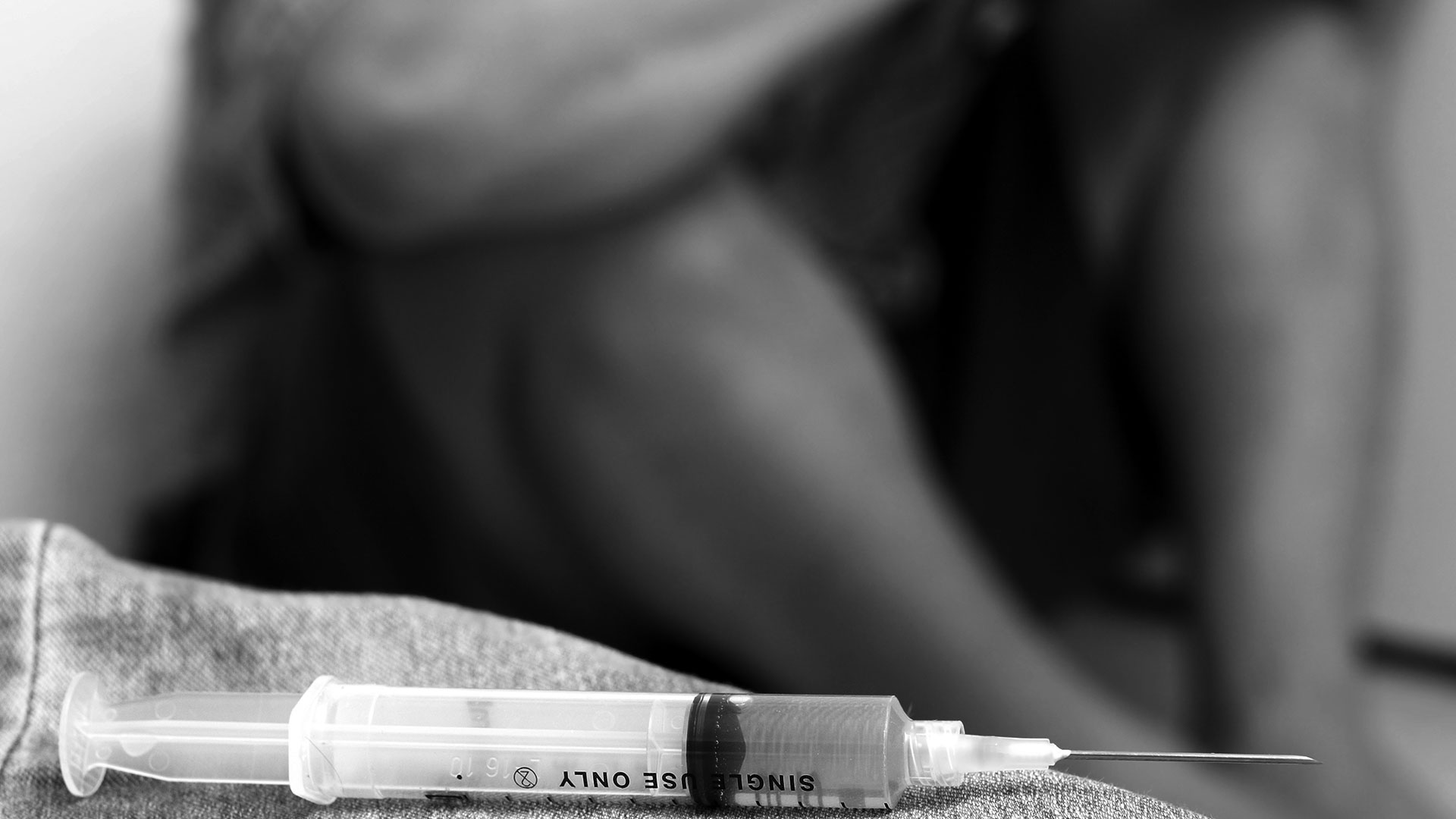
This shifts the story of what is commonly seen as prime examples of drug-infested neighborhoods. Now it seems that a problem which has been primarily linked to urban neighborhoods of low-income levels is beginning to spill out beyond the inner city.
The stigma of poverty being equal to drug use and gang activity doesn’t hold as much weight when illegal street drugs aren’t the highest level of concern for drug abuse in United States of America, at least at the present moment.
The number of overdose deaths from prescription drugs has increased nearly three times over the past decade from 2001-2014, according to the National Institute on Drug Abuse. Drug overdose is currently the leading cause of accidental death in the U.S.
The American Society of Addiction Medicine shows statistics revealing there were more overdose deaths for prescription drugs (18,893) than heroin (10,574) in 2014. It’s a true problem.
What is the solution? The summit declared four avenues: reducing demand, higher clinical education, a holistic approach to long-term treatment, and collaboration among law enforcement agencies and treatment programs will help make the biggest difference. This means participation from all sides working together all while helping those who have already fallen victim to addiction.
While drug-heavy areas can be easily detected from an outside view, some communities continue to suffer from drug abuse which may not reflect the same downtrodden characteristics as The Bluff. It’s not only the low-income households that are targeted as the most influential groups to become addicted. The epidemic is spreading out of the inner city and into affluent suburbs, hitting closer to home now more than ever.
Georgia Drug Detox Helps
Georgia Drug Detox understands the important role it plays in helping implement rehabilitative change in Atlanta and the state of Georgia. Its staff and resources are designed for the sole purpose of helping addicts recover from drug abuse and addiction. It doesn’t matter what neighborhood they come from or what level of help they need, there is a solution and treatment plan for everyone.
Detox is the first crucial step. Ridding the body of toxins and combating cravings requires the help of professionally-trained individuals who have seen how the side effects discourage people from wanting to continue. To say it’s a tough few days is an understatement, but it’s not unachievable. It can be done.
Inpatient and/or Outpatient care follows with counseling sessions and classes to help those in rehab transition to their newly sober lives. The organization remains steadfast in its mission of helping drug abusers and those who battle addiction.
It’s not an easy road to recovery, but one that involves small changes for a more positive future. Much like the call for change happening in The Bluff and other neighborhoods in Atlanta, it’s time to step away from historical trends of drug use and activity and create a new mark of drug-free living in 2016.
Sources:
Eldredge, Richard. “Broadcast from the Bluff: Atlanta’s open-air heroin supermarket.” Atlanta Magazine. 28 Aug. 2014. 28 Feb. 2019 https://www.atlantamagazine.com/news-culture-articles/broadcast-from-the-bluff-atlantas-open-air-heroin-supermarket/
Allison, David. “Crackdown begins on Westside Atlanta drug market.” Biz Journals. 19 Aug, 2015. 28 Feb. 2019. https://www.bizjournals.com/atlanta/news/2015/08/19/crackdown-begins-on-westside-atlanta-drug-market.html
Willough, Mariano. “West Atlanta Neighborhood Declared Off Limits to Drug Dealers in Federal Program.” AJC. 2 July 105. 28 Feb. 2019. https://www.ajc.com/blog/investigations/west-atlanta-neighborhood-declared-off-limits-drug-dealers-federal-program/U4PltmQg9mItCjydftactI/


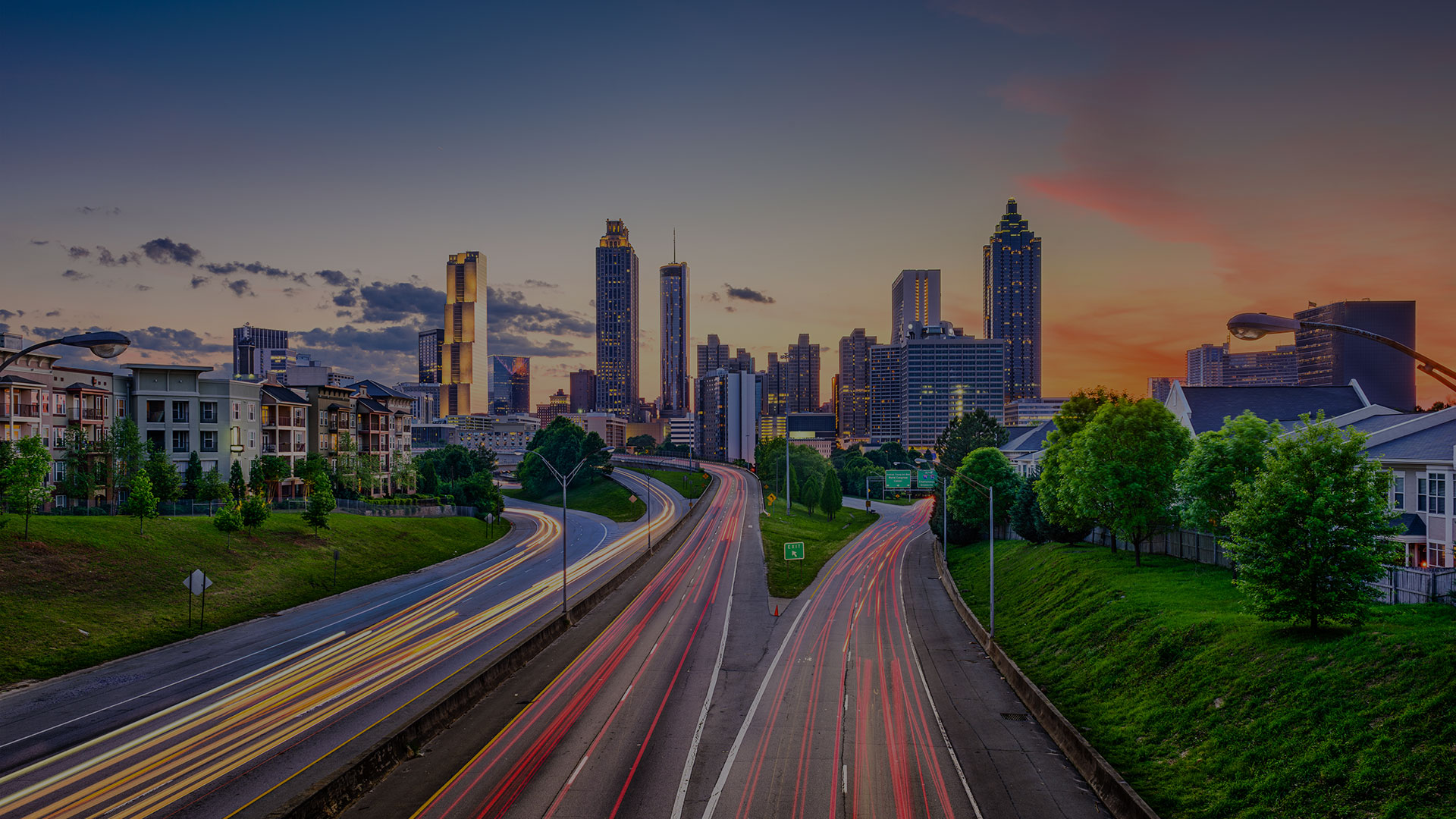
 678-771-6411
678-771-6411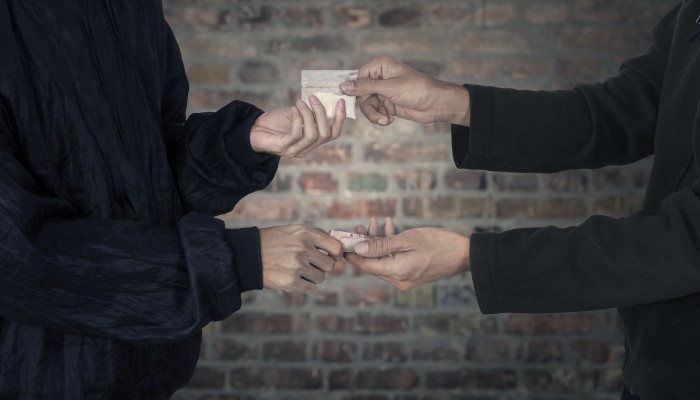

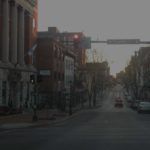

James Smith
Posted at 17:34h, 27 MarchWhat is the Government of Atlanta doing to help with this problem, I can tell you nothing